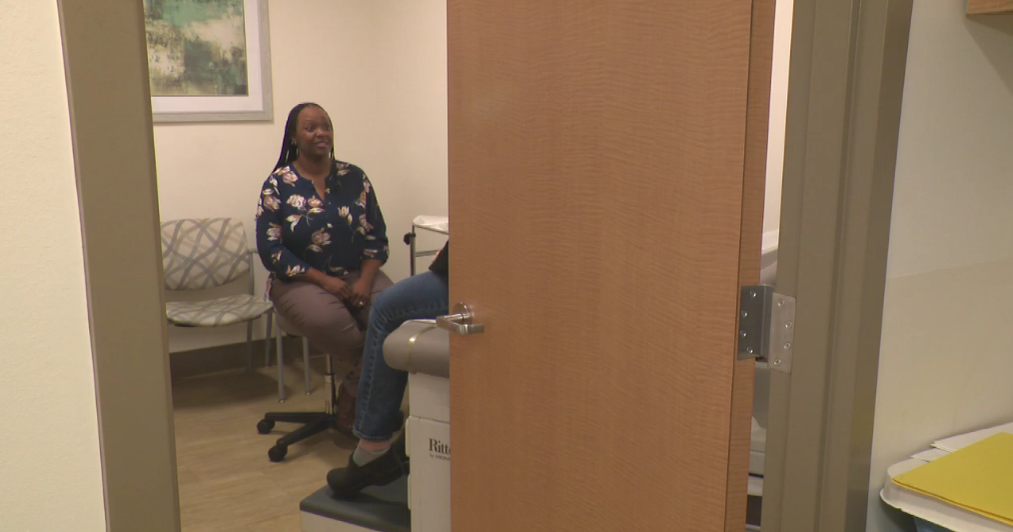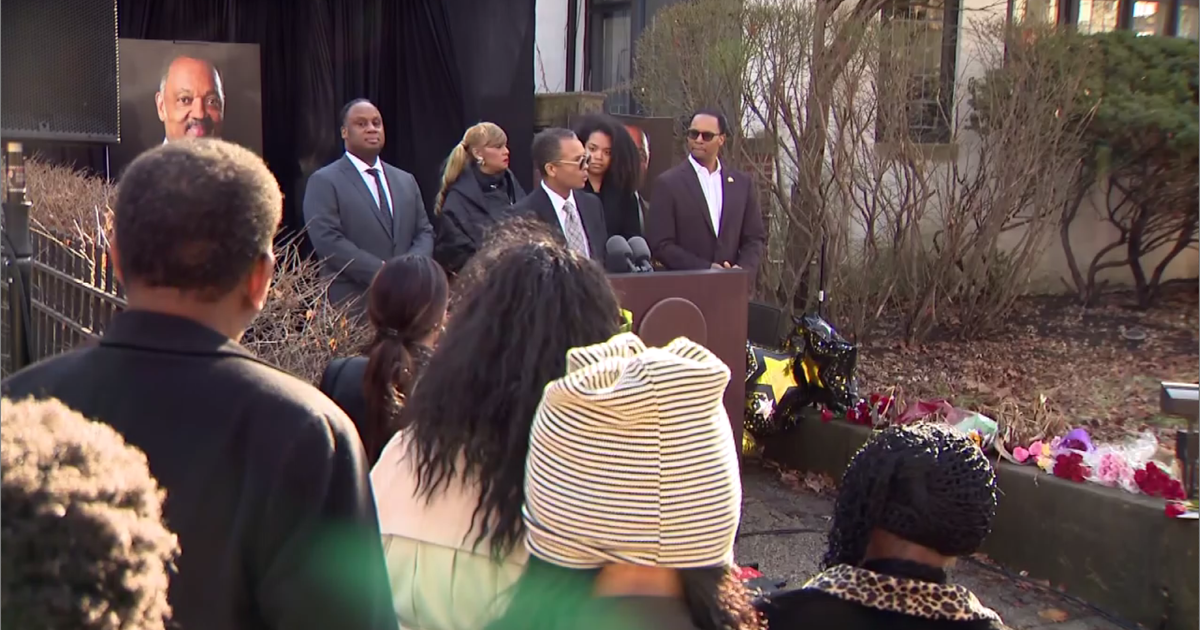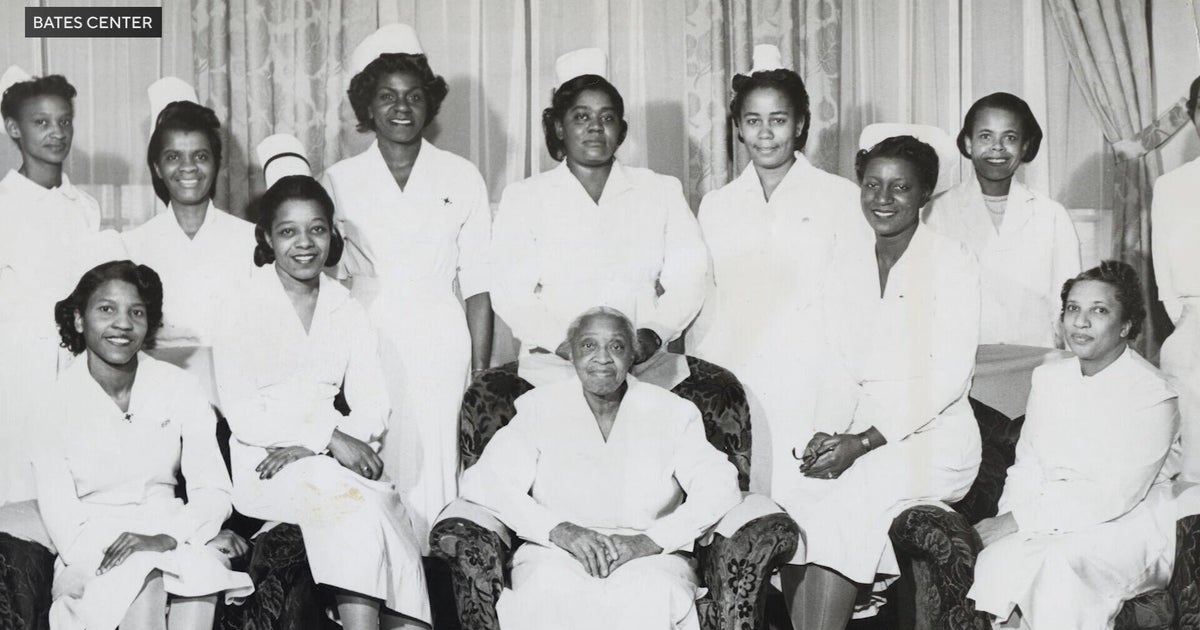Saliva test may help diagnose concussions, lingering symptoms
PHILADELPHIA (CBS) -- Diagnosing and managing concussions can be challenging, especially in children who often have a hard time articulating what they are experiencing. Now researchers in Ohio are studying a unique method that may help predict which children will experience lingering symptoms.
Senior Thomas Helsel is used to taking hits. But two years ago, he was sidelined with a concussion.
"It was a blindside hit to the back of the head. And I just remember laying on the ground and people surrounding me and I was a little bit dizzy and confused," Helsel said.
Helsel says the recovery process was slow.
"I experienced a lot of headaches right after the fact, some trouble thinking and focusing on certain issues and sometimes, especially in school, and I want to say that lasted a couple of months," Helsel said.
Most symptoms usually resolve in a few weeks, but up to one-third of children develop persistent symptoms, such as headache, nausea, dizziness, blurry vision, and light and sound sensitivity.
Now researchers are looking at the potential ability of saliva to help identify which children are at higher risk of lingering symptoms.
"In the saliva, we're looking for these molecules called microRNAs. There's 800 different ones that we're looking at," principal investigator Katherine Miller, Ph.D.
Researchers identified 13 that were different in the group of children that had prolonged concussion recovery compared to the group that did not.
Miller envisions this non-invasive method could be administered on the sideline.
"This could be indicative of some sort of biological event, some sort of reaction that this child is having, that their body is responding differently than other children who have typical recovery," Miller said.
The saliva research is continuing. For now, there's still no proven way to know who will have serious or lingering symptoms from a concussion.







